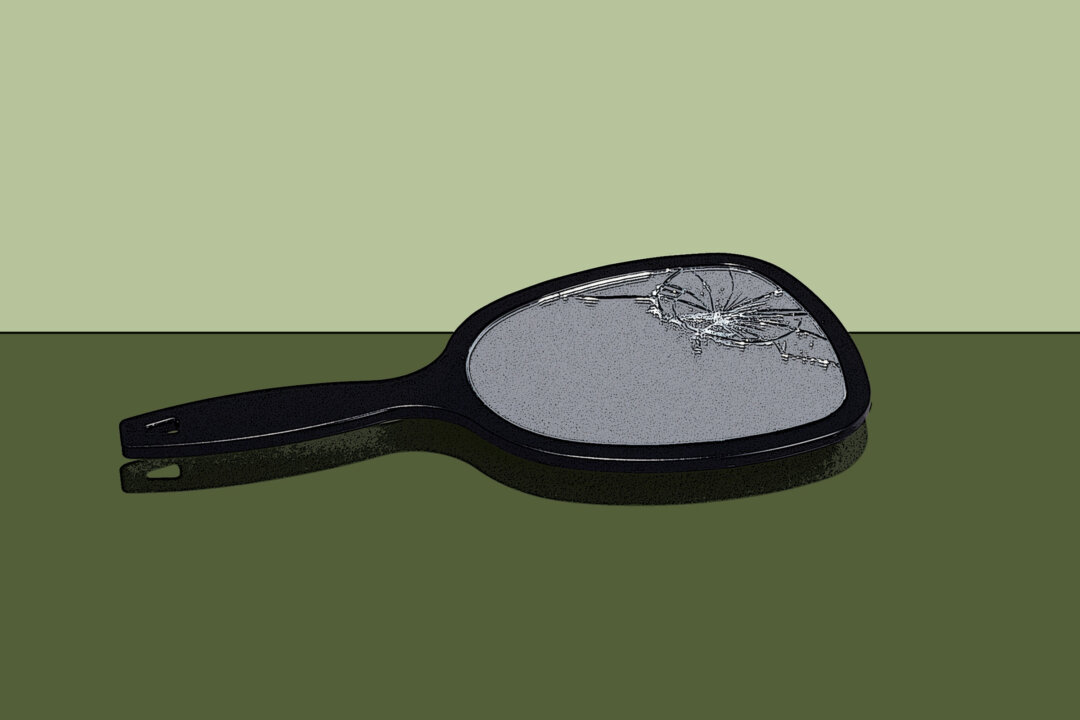Ever wonder how that self-absorbed teenager next door, who couldn’t handle criticism, transformed into a considerate adult? A new study offers an explanation: Narcissism has an expiration date. Agentic : assertiveness, boldness, and confidence Antagonistic : arrogance, deceitfulness, and entitlement, exemplifying the disagreeable and antisocial facets of narcissism Neurotic : emotional dysregulation, hypersensitivity, and shame proneness The relative preservation of agentic narcissism, considered the “healthiest” type, was a positive finding, Keith Campbell, professor of psychology at the University of Georgia who was not associated with the study, said in an interview with The Epoch Times. However, the research also uncovered a dichotomy: The relative level of narcissism compared to peers remains stable, meaning those who are more narcissistic in childhood often maintain that status into adulthood.
Theory 1 Theory 2 Theory 3 Theory 4 The humbling effect of failure is part of maturing, Emily Grijalva, associate professor at the University at Buffalo in New York, whose research focuses on narcissism, told The Epoch Times. “Narcissism has been described as a very characteristic lack of maturity. Part of maturing is really realizing that we can be vulnerable and open to failure, and so as part of that realization helps to degrade narcissism over time.

” However, these advantages are often short-lived. “There is some evidence we like narcissists at first, but then thei.
















